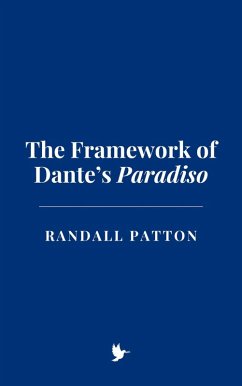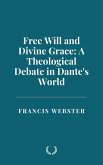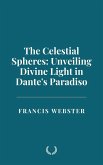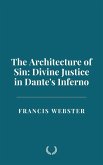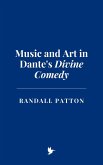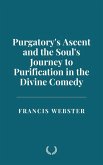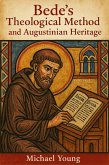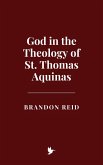Dante Alighieri's
Divine Comedy is one of the greatest literary works ever written, and
Paradiso, the third and final cantica, represents the culmination of his journey through the realms of the afterlife.
Paradiso is not merely a spiritual journey but a work of profound philosophical and theological inquiry that continues to captivate readers and scholars more than seven centuries after its creation. Written between 1308 and 1320, the
Divine Comedy emerges from a tumultuous period in Italian and European history, marked by political strife, religious uncertainty, and profound intellectual development. Dante's work stands as a reflection of the medieval synthesis of classical philosophy and Christian doctrine, drawing upon a wide range of sources from Aristotle to Augustine, and from Virgil to Aquinas. Through
Paradiso, Dante attempts to navigate the divine realm, offering a vision of Heaven that is both deeply personal and universally symbolic, where the soul's ascent toward God is portrayed as the ultimate goal of human existence.
Dieser Download kann aus rechtlichen Gründen nur mit Rechnungsadresse in A, B, CY, CZ, D, DK, EW, E, FIN, F, GR, H, IRL, I, LT, L, LR, M, NL, PL, P, R, S, SLO, SK ausgeliefert werden.

